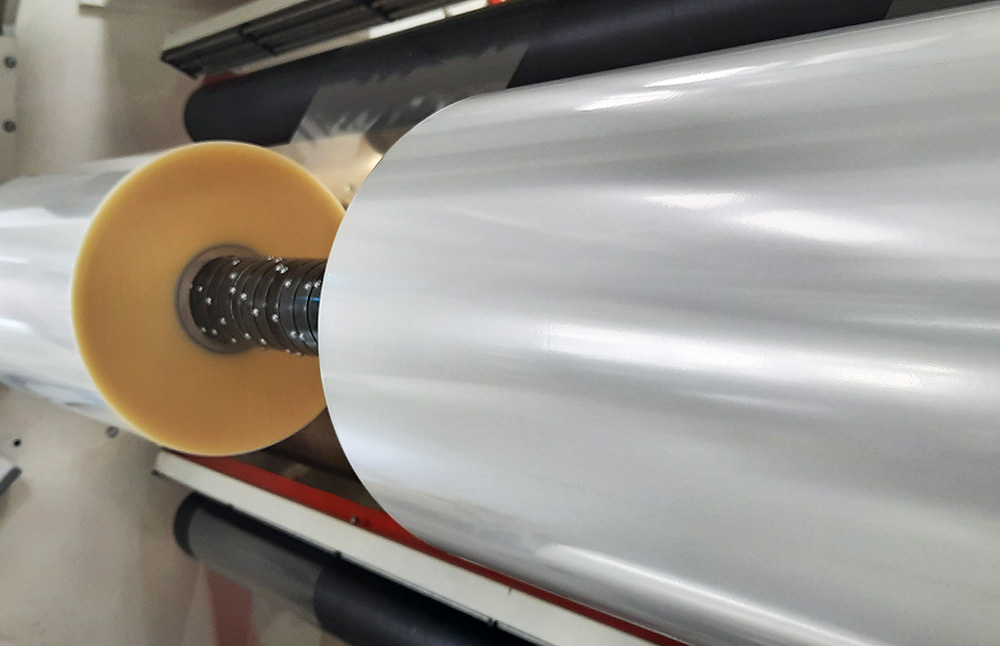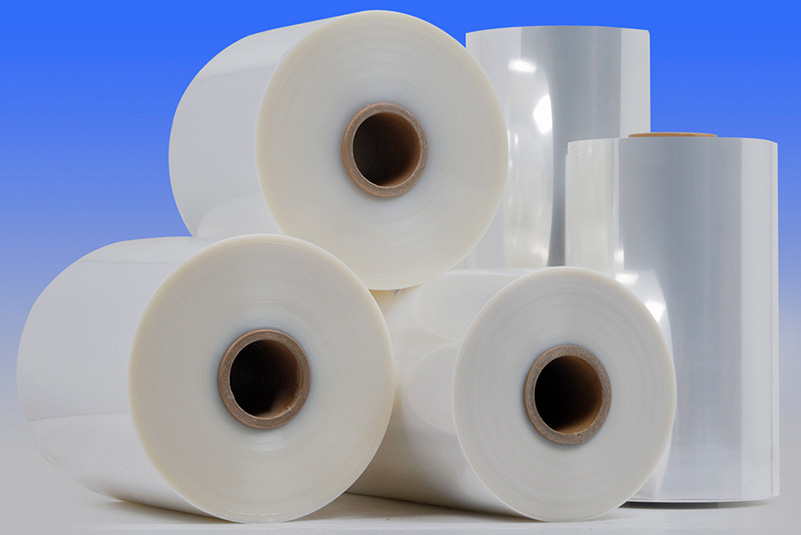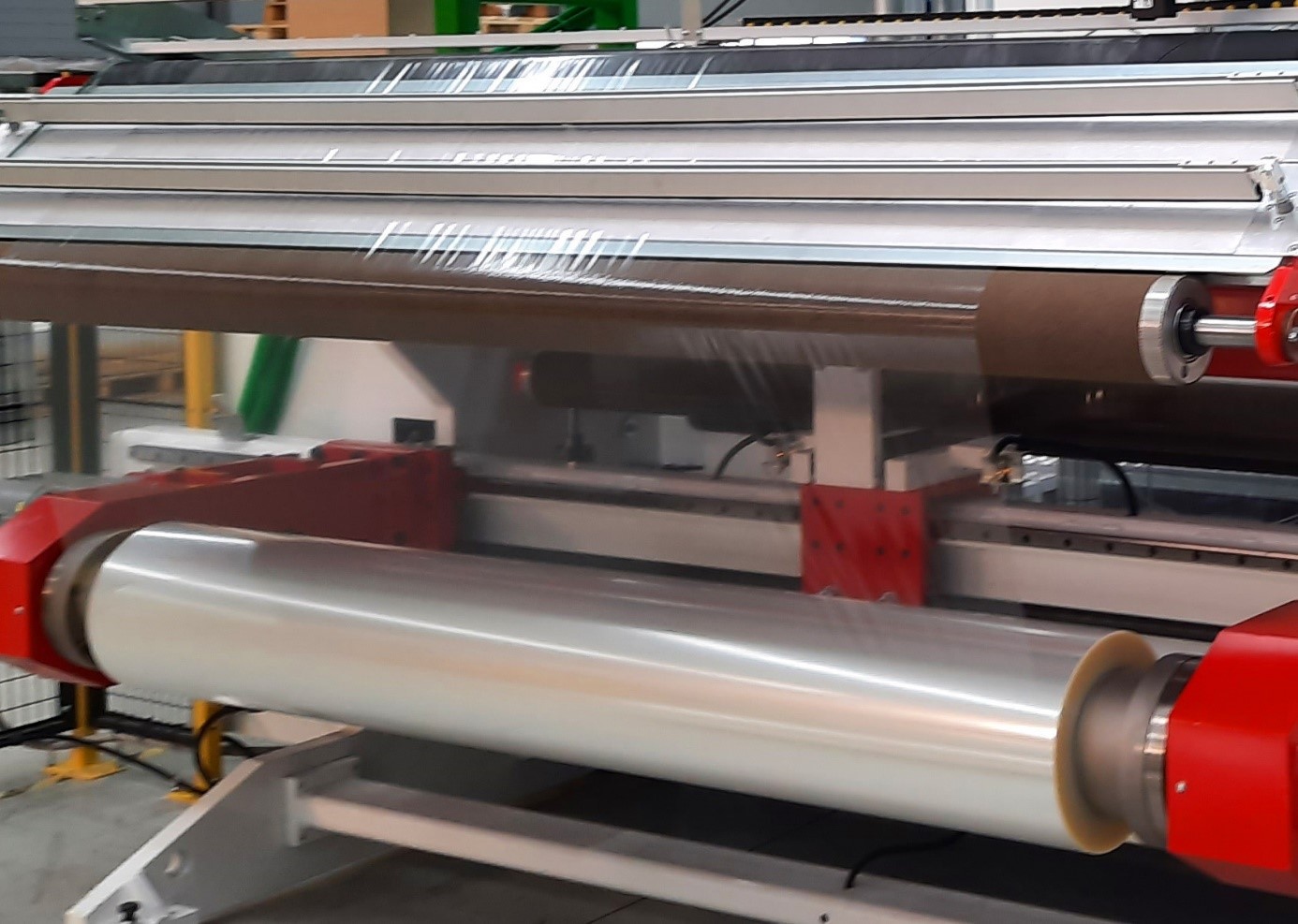Climate impact of plastics” study on the climate impact of plastics
In a study entitled “Climate impact of plastics”, the McKinsey company has gained very exciting insights into the effects of plastics with regard to the climate. The result of the 30-page paper in a nutshell: in 13 out of 14 cases, the plastics examined lead to a lower overall contribution to greenhouse gas emissions compared to the alternatives. Here, direct and indirect effects were considered.
Packaging is often criticised in terms of sustainability in terms of carbon footprint, circularity (recyclability of recycled materials) and pollution. In the study, the expert group focused on the carbon footprint of different types of plastics. Plastics are always the subject of debate, from marine pollution to recyclability.
However, the positive aspects of using plastic through its part in improving use efficiency, for example in reducing food spoilage and the associated reduction in greenhouse gas emissions, are often overlooked.
The study looked at different product sectors, examining the overall greenhouse gas contribution of plastics compared to its alternatives, including product life cycles and the impact of use.
The five sectors with the highest plastic consumption were selected, i.e. packaging, construction, consumer goods, automotive and textiles. These sectors account for about 90 per cent of the world’s plastics volume. In addition, common representative applications were selected for which viable alternatives to plastics exist today.
In 13 out of 14 cases, plastics lead to a lower overall contribution to greenhouse gas emissions than the alternatives
The result of the study was that in the applications for which non-plastic alternatives are used on a large scale, the plastics studied lead to a lower overall contribution to greenhouse gas emissions compared to the alternatives in 13 out of 14 cases.
According to the study, greenhouse gas savings here ranged from 10 to 90 per cent, taking into account both the product life cycle and the impact of use. In addition, there are currently few alternatives to plastics for many applications, including food packaging in particular.
In fact, the study concluded that the short-term introduction of plastics can support decarbonisation efforts. Especially in terms of food spoilage and energy efficiency, the use of plastics has a lower GHG footprint.
This includes indirect impacts on the value chain, such as fuel savings with lighter cars, lower energy consumption with polyurethane-insulated houses and lower food spoilage when using plastic packaging instead of butcher paper.
In terms of direct impacts, plastics have the lowest impact on GHG in 9 out of 14 applications
But even if we disregard the indirect impacts and only consider the direct life cycle emissions (production, retail transport and end-of-life disposal), plastics have the lowest GHG impacts in 9 out of 14 applications.
Depending on the application, this is often due to two factors alone. On the one hand, plastic is less energy-intensive to produce than, for example, the alternatives glass or aluminium. Secondly, plastic is often more weight-efficient, i.e. lighter than alternative materials.
If you would like to learn more, please find below the link to the study: Climate impact of plastics (McKinsey)







